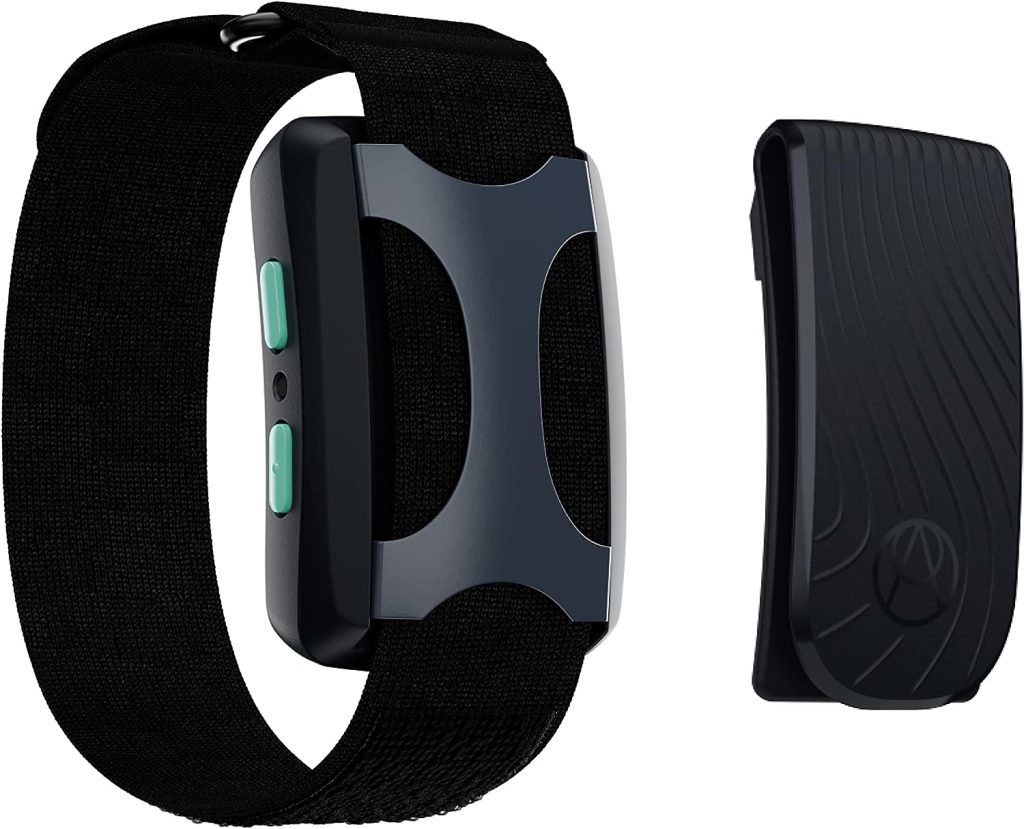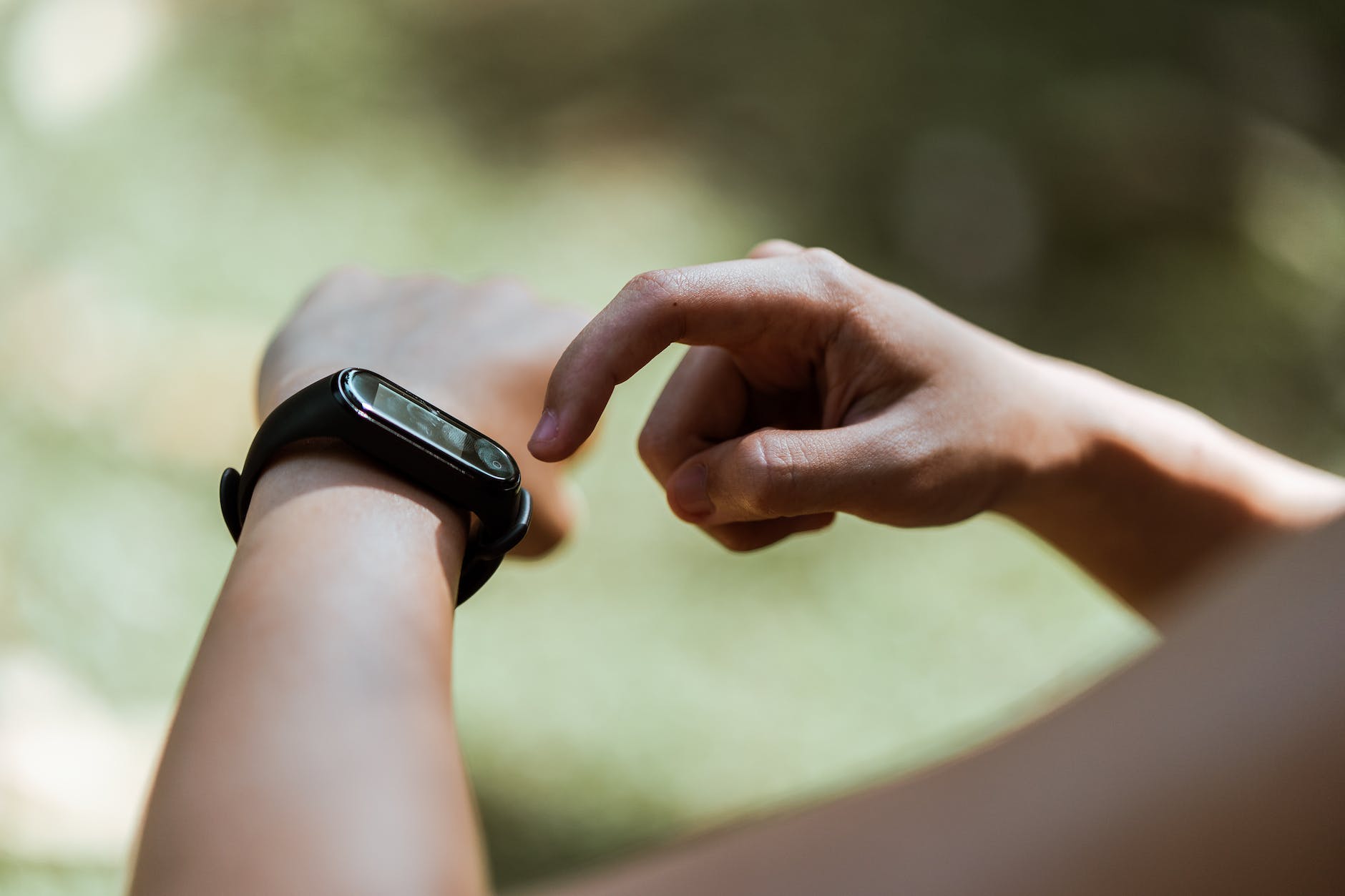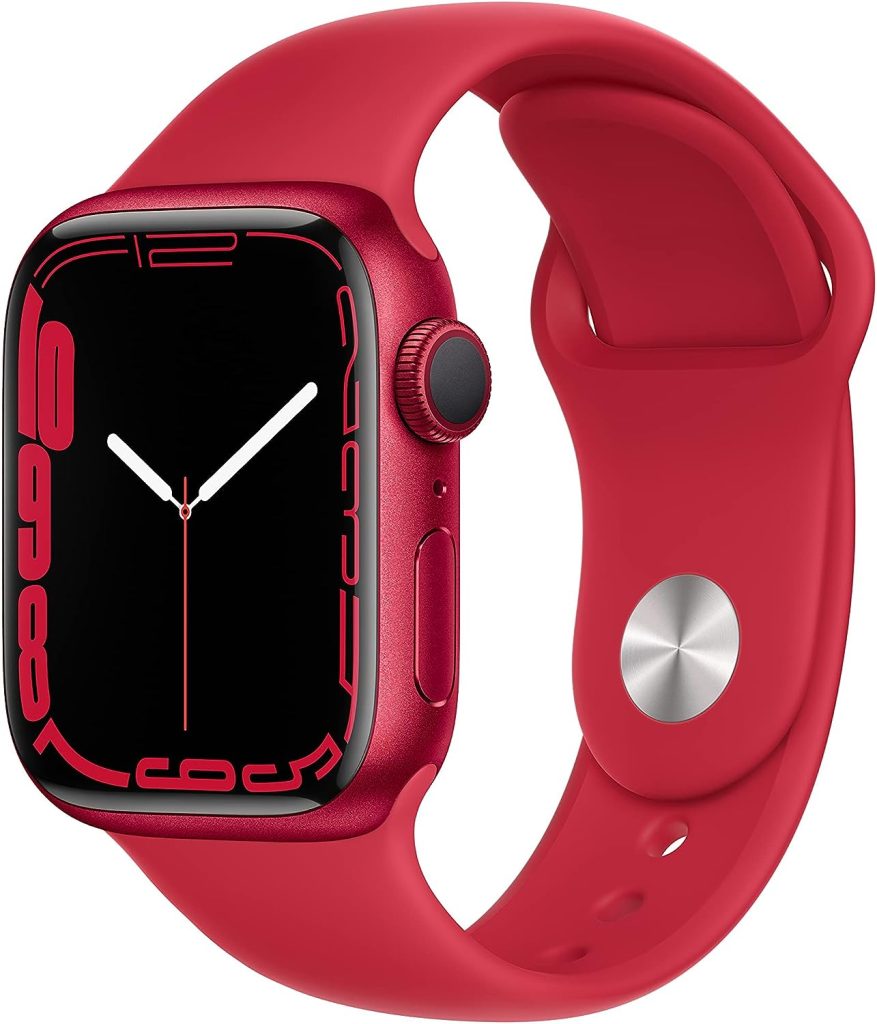In this ever-evolving world of health and fitness, wearable technology has become an indispensable tool for tracking our well-being. As the demand for comprehensive health monitoring increases, it’s essential to explore alternatives to the popular Whoop Band. These alternatives offer unique features and capabilities that cater to various health tracking needs. In this article, we’ll dive deep into a variety of health tracking devices that can serve as compelling alternatives to the Whoop Band, allowing you to make an informed decision about your health journey.
Introduction
Setting the Stage for Whoop Alternatives
In a world where health is paramount, wearable devices have transformed the way we monitor and manage our well-being. While the Whoop Band has garnered attention for its impressive features, it’s essential to recognize the diverse landscape of health tracking devices available today.
The Importance of Health Tracking Devices
Health tracking devices have gone beyond being mere gadgets; they’ve become valuable tools for optimizing our physical and mental wellness. The demand for accurate and comprehensive health data has driven innovation, resulting in a plethora of alternatives to the Whoop Band.
Understanding the Whoop Band
Overview of the Whoop Band and Its Features
The Whoop Band has made waves with its focus on recovery, sleep, and performance tracking. Its minimalist design houses a range of sensors, allowing it to provide in-depth insights into various aspects of your health.
Pros and Cons of Using the Whoop Band
While the Whoop Band boasts impressive features, it’s essential to consider both its strengths and limitations. Its dedication to recovery tracking sets it apart, but its design and compatibility may not suit everyone.
Key Features to Look For in Whoop Alternatives
Sleep Tracking Capabilities
One of the cornerstones of health tracking is sleep monitoring. Look for alternatives that offer detailed sleep analysis, including sleep stages and quality assessment.
Heart Rate Monitoring
Accurate heart rate tracking is crucial for gauging exercise intensity and overall cardiovascular health. Seek alternatives with advanced heart rate monitoring technology.
Activity and Exercise Tracking
Comprehensive activity and exercise tracking help you stay on top of your fitness goals. Look for alternatives that offer a variety of workout modes and accurate data collection.
Recovery Tracking and Analysis
Recovery is a critical aspect of fitness, and alternatives should offer insights into your body’s readiness for exercise. Look for devices that provide recovery metrics beyond just sleep data.
Top Alternatives to the Whoop Band
Fitbit Charge 5: A Comprehensive Health Tracker
Fitbit Charge 5 combines sleek design with an array of health features. It offers sleep tracking, heart rate monitoring, and stress management tools.
Garmin Venu 2: Combining Style and Functionality
Garmin Venu 2 caters to both fitness enthusiasts and style-conscious individuals. With advanced health metrics and a vibrant AMOLED display, it offers a holistic experience.
Apple Watch Series 7: Beyond Just Fitness Tracking
The Apple Watch Series 7 goes beyond fitness, offering ECG measurements, blood oxygen monitoring, and an ecosystem of health-related apps.
Specialized Health Tracking Devices
Oura Ring: Wellness in a Ring Form

The Oura Ring packs health tracking into a stylish accessory. It focuses on sleep, readiness, and body temperature monitoring.
Biostrap: Advanced Metrics for Health Enthusiasts

Biostrap offers clinical-grade metrics, including heart rate variability and oxygen saturation, appealing to those seeking in-depth insights.
Budget-Friendly Options
Xiaomi Mi Band 6: Affordable Fitness Tracking
For those on a budget, Xiaomi Mi Band 6 offers solid fitness tracking features, including heart rate monitoring and sleep analysis.
Amazfit Bip U Pro: Value-Packed Health Monitoring
Amazfit Bip U Pro strikes a balance between affordability and functionality, offering features like SpO2 monitoring and stress tracking.
Fitness-Focused Alternatives
Polar Vantage V2: Precision for Athletes
Polar Vantage V2 caters to athletes with advanced training metrics, GPS tracking, and recovery insights.
Coros Apex Pro: Built for Adventure and Performance
Coros Apex Pro is designed for outdoor enthusiasts, offering long battery life, altitude acclimatization, and navigation features.
Health Tech Innovations
Aura Smart Strap: ECG-Powered Health Insights
The Aura Smart Strap utilizes ECG technology for comprehensive heart health monitoring and stress analysis.
Embr Wave: Wearable for Temperature and Stress Management
Embr Wave focuses on temperature and stress management, helping you stay comfortable and balanced.
Smart Rings vs. Fitness Bands
In the ever-evolving landscape of wearable technology, two distinct categories have emerged as powerful tools for health tracking: smart rings and fitness bands. These compact devices have revolutionized the way we monitor our well-being, each with its unique set of advantages and limitations. In this article, we’ll delve into the world of smart rings and fitness bands, exploring the benefits they offer and the considerations to keep in mind when choosing the right device for your health tracking journey.
Exploring the Advantages of Smart Rings
Smart rings, the discreet siblings of traditional wearable devices, have gained traction for their unobtrusive design and multifunctional capabilities. Here are some compelling advantages that make smart rings stand out in the realm of health tracking:
Seamlessness and Discretion
Smart rings seamlessly integrate into your daily routine, eliminating the need for bulky devices strapped to your wrist. Their compact design ensures you’re not weighed down by extra accessories, making them a preferred choice for those who prioritize subtlety.
Continuous Monitoring
The unobtrusive nature of smart rings means they can be worn 24/7, providing continuous health data without interrupting your activities. This round-the-clock monitoring offers a more comprehensive view of your well-being, including sleep patterns and heart rate fluctuations.
Comprehensive Metrics
Despite their small size, smart rings pack a punch when it comes to health metrics. Many models offer features such as heart rate monitoring, sleep tracking, and even temperature sensing. This array of data provides insights into various aspects of your health, offering a holistic perspective.
Stylish Versatility
Smart rings often prioritize aesthetics, combining functionality with style. With various designs and finishes available, these rings seamlessly blend into your personal style, ensuring you can track your health without sacrificing fashion.
Limitations and Considerations of Smart Rings
While smart rings offer a host of benefits, it’s essential to weigh them against their limitations and consider whether they align with your health tracking needs:
Screen Size and Interaction
The compact nature of smart rings often means limited-screen real estate. Interacting with the device might be more challenging compared to fitness bands, which typically feature larger displays.
Battery Life
Due to their size, smart rings may have smaller batteries, resulting in shorter battery life compared to fitness bands. Frequent charging might be necessary to ensure continuous tracking.
Functionality Trade-offs
The smaller form factor of smart rings can limit the complexity of their features. While they excel in discreet health tracking, they might not offer the same breadth of capabilities as larger devices.
Limited App Ecosystem
The relatively new concept of smart rings means that their app ecosystems might not be as extensive as those of fitness bands. Compatibility with third-party apps could be limited.
Fit and Comfort
Finding the right fit for a smart ring is crucial to ensure accurate data collection and comfort during wear. Unlike fitness bands, which have adjustable straps, the fit of a smart ring cannot be easily modified.
Cost Consideration
Smart rings often come with a higher price tag due to their specialized design and features. This might be a consideration for those on a tighter budget.
Choosing the Right Device for You
In the tug-of-war between smart rings and fitness bands, the choice ultimately comes down to your individual preferences and health-tracking priorities. If you value discreet monitoring, seamless integration, and a stylish accessory, a smart ring could be your ideal companion. However, if you’re seeking a broader range of features, a larger screen, and longer battery life, a fitness band might better suit your needs.
As wearable technology continues to evolve, both smart rings and fitness bands are likely to advance in functionality and design. Assess your priorities, consider your lifestyle, and envision how each device would fit seamlessly into your daily routine. By doing so, you can make an informed decision that empowers you to embark on a journey of health tracking, tailored to your unique preferences. Whether you choose a sleek smart ring or a versatile fitness band, the path to a healthier you is just a wearable device away.
Customization and User Experience
How Customizable Features Impact User Engagement
Customizable features enhance user engagement by tailoring the device to individual preferences and goals.
App Integration and Data Synchronization
Seamless app integration and data synchronization ensure that your health tracking experience remains cohesive.
Beyond Physical Health Tracking
Mood and Stress Monitoring in Wearable Devices
Wearable devices are expanding their capabilities to include mood and stress monitoring, promoting holistic wellness.
The Emergence of Mental Health Tracking
The integration of mental health tracking reflects the growing recognition of the mind-body connection.
Longevity and Battery Life
Battery Considerations for Continuous Tracking
Long battery life is crucial for uninterrupted health tracking, especially during extended workouts or sleep tracking.
Prolonging Battery Life in Health Tracking Devices
Tips and techniques for maximizing the battery life of your health tracking device without compromising functionality.
Data Privacy and Security
The Importance of Protecting Health Data
As health data becomes more personal, it’s imperative to prioritize strong data protection measures.
Whoop Alternatives with Strong Privacy Measures
Consider alternatives that prioritize user privacy and data security to ensure your sensitive health information remains confidential.
User Reviews and Experiences
A Glimpse into Real-World User Feedback
Real-life user experiences provide valuable insights into the practicality and effectiveness of health tracking devices.
Success Stories and Lessons Learned
Exploring success stories of individuals who achieved their health goals with alternative devices can inspire and motivate.
Making Your Decision
Assessing Your Health Tracking Needs
Consider your unique health and fitness goals when evaluating alternatives to the Whoop Band.
Choosing the Right Alternative for You
Weigh the features, design, and compatibility of various alternatives to find the one that aligns with your preferences.
Conclusion
Embracing Diversity in Health Tracking
The world of health tracking is vast and diverse, offering a range of alternatives to cater to different preferences and needs.
The Future of Wearable Health Technology
As technology advances, the future holds exciting possibilities for wearable health devices that empower us to lead healthier lives.

















